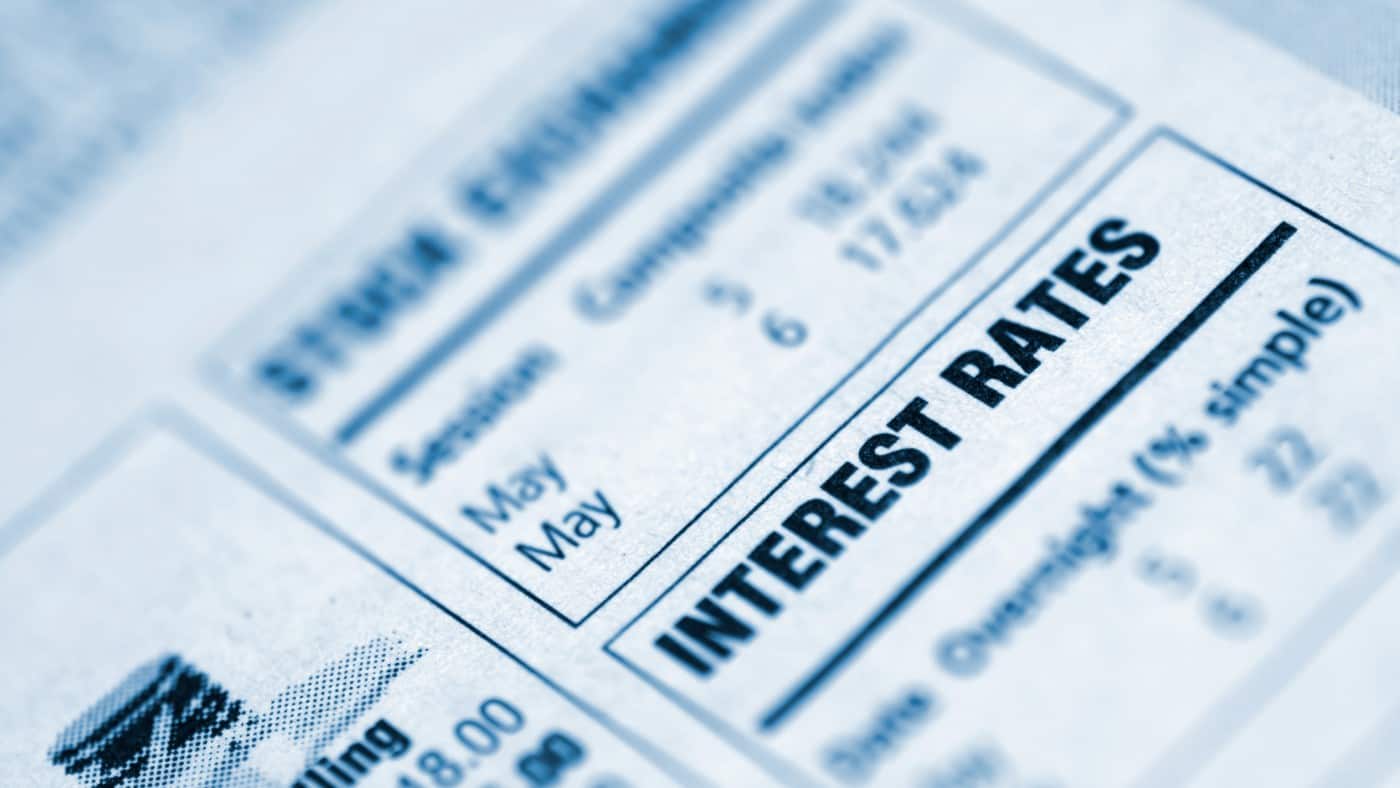Rising interest rates in the UK are making it easier for investors to earn passive income than it was a year ago. Share prices are under pressure and dividend yields are looking strong as a result.
Higher rates also bring added risk, though. So I think there are some great opportunities for investors, but it’s more important than ever to tread carefully.
Dividend yields
Interest rates are at their highest levels since 2008. And that’s presenting attractive opportunities for investors looking to earn passive income.
For example, shares in Primary Health Properties have a dividend yield approaching 7%. This is up from 3.5% at the start of 2020.
Investing for passive interest isn’t as simple as finding the highest yields, though. The durability of those payments is also important.
In some cases, higher interest rates mean an increased risk of dividends being cut, especially when companies have significant amounts of debt on their balance sheets.
The situation is similar to the one faced by mortgage holders. Higher interest rates are causing monthly repayments to increase, leaving individuals with less to spend elsewhere.
It’s therefore important to be careful when looking for stocks to buy. And while investing always carries uncertainty, there are things investors can do to try and limit their risk.
Risks
When I look for stocks to buy, I try to make sure debt isn’t going to be a problem by investing in companies that are in a strong financial position. There are various ways of doing this, but I have two favourites.
The first is by measuring how much of a company’s operating income gets used on interest payments on its debt. With Unilever, this number is around 8%, compared to 38% in the case of Vodafone.
This indicates to me that Unilever is in a much better spot to cope with higher interest payments. If its interest payments doubled, it would still be less than half of what Vodafone uses to make interest payments.
There’s something else I try to consider, too, which is how much debt a company has relative to the amount of cash it has. Excess cash allows a company to pay off its debt, instead of having to refinance at high rates.
Rightmove, for example, has around £68m in cash and £34m in liabilities. This compares favourably with Whitbread, which has £1.3bn in cash and £5bn in debt.
This means Rightmove is in a stronger financial position than Whitbread. With more cash than debt, the company should be able to pay off any of its debts before they weigh on shareholder returns.
Dividend investing
Rising interest rates can provide great opportunities for investors looking for big yields. But they can also open up traps for companies that have a lot of debt and I think investors need to be aware of this.
With rates forecast to reach 6% by the end of the year, I see this becoming more and more of an issue. The best way for investors to cope, in my view, is to look as closely as possible at the company’s balance sheet.
Looking at a company’s ability to manage both its debt and its interest payments hasn’t been this important since 2008. But this gives investors the best chance of seizing opportunities and avoiding traps.








